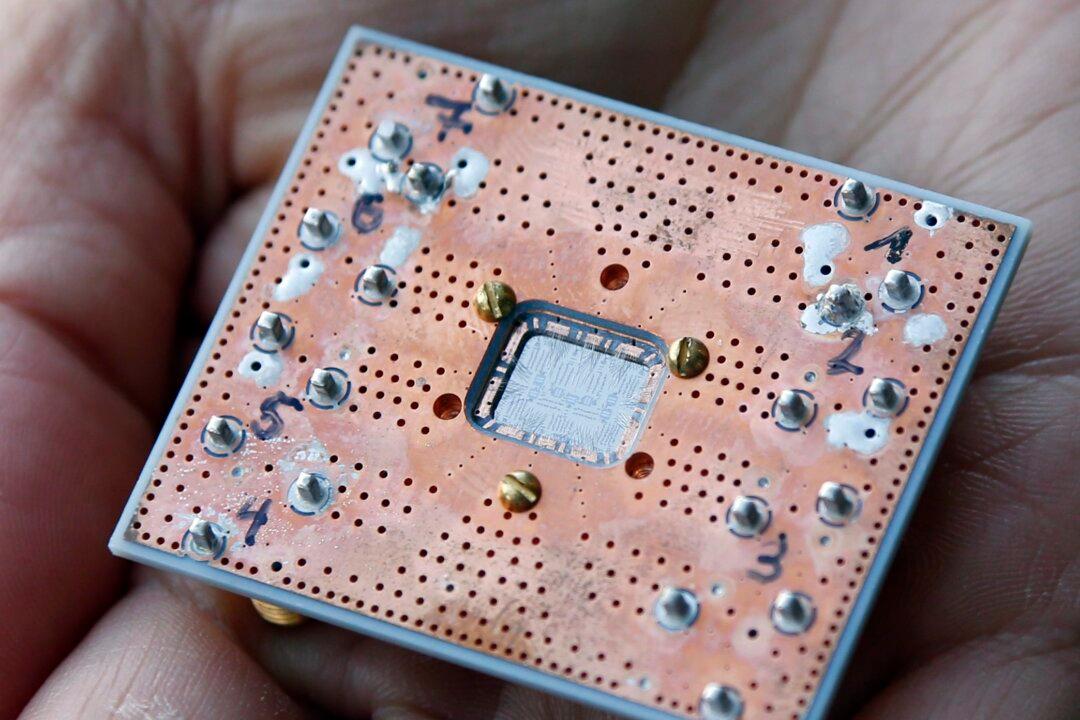Commentary
In the not so distant future, quantum computing will fundamentally alter the fabric of society. Arguably, the internet is the most revolutionary creation to date. However, some experts believe the quantum revolution will make the internet revolution look insignificant. China appears to be at the forefront of the quantum leap.





